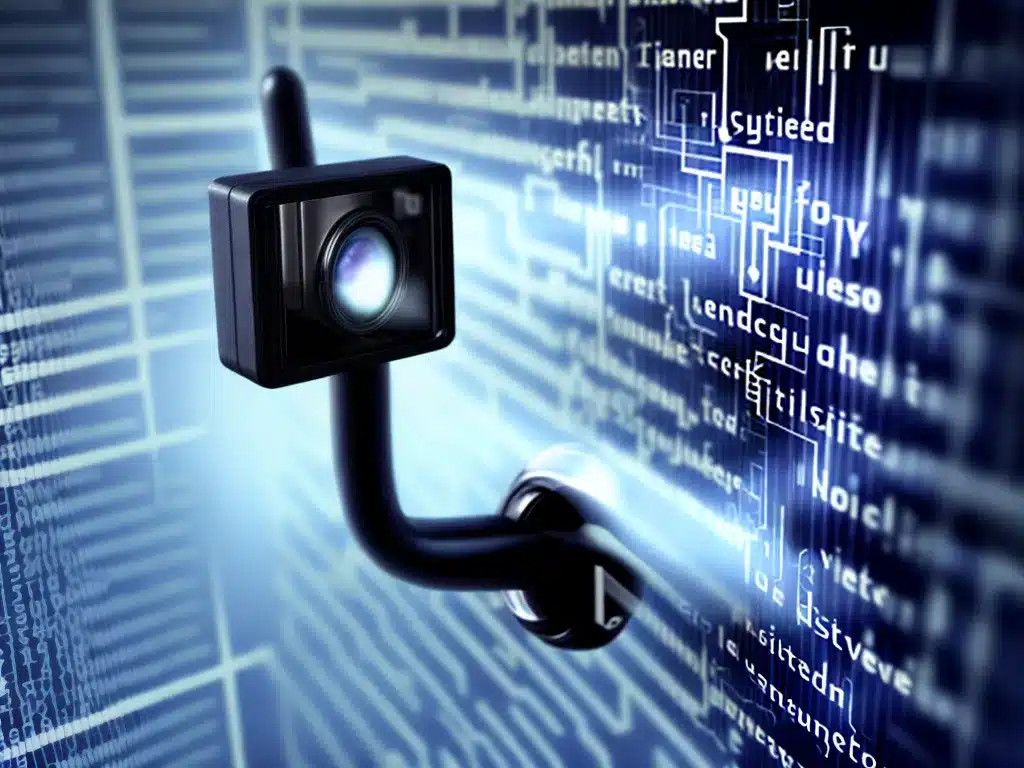
Data Security Risks of Government Surveillance
Introduction
Government surveillance poses significant risks to individual privacy and data security. As technology advances, governments worldwide are expanding their surveillance capabilities, often without sufficient oversight. This excessive monitoring threatens civil liberties and leaves private data vulnerable to exploitation. In this article, I will examine the various dangers of unchecked government surveillance.
Erosion of Personal Privacy
One of the greatest risks of government surveillance is the erosion of privacy. When citizens know their communications and activities are being monitored, they tend to self-censor and refrain from exercising certain freedoms.
Chilling Effect on Freedom of Expression
Excessive government monitoring has a chilling effect on free speech and expression. Citizens may hesitate to communicate controversial or politically sensitive views if they know state agencies are watching and recording everything. This climate of perpetual surveillance is detrimental to democracy and prevents the free exchange of ideas.
Invasion of Personal Privacy
Government surveillance also enables the state to invade the private lives of citizens to an unacceptable degree. By closely tracking an individual’s movements, communications, purchases, relationships and more, agencies can glean a wealth of sensitive personal information. Citizens have a reasonable expectation of privacy, even while using public spaces and utilities.
Normalization of Constant Monitoring
Another danger is that pervasive surveillance normalizes the idea that the government should be able to monitor all citizens at all times. Younger generations that grow up under heavy monitoring come to expect little privacy and may not question excessive encroachments on their civil liberties.
Vulnerability of Collected Data
Government agencies amass tremendous amounts of data on citizens through their surveillance programs. This collected information is vulnerable to security breaches and abuse.
Possibility of Data Breaches
No database is perfectly secure. There have been many cases of government surveillance data being hacked, leaked or otherwise exposed. When reams of private communications and personal information are aggregated in one place, it creates an attractive target for cyber criminals, foreign agents and malicious insiders.
Potential for Abuse of Information
Surveillance powers grant governments increased opportunities for abusing or misusing data for political aims. Information gathered through monitoring could be used to blackmail, discredit or manipulate perceived dissidents and political opponents. There is also potential for collected data to be employed for purposes beyond its original intent.
Lack of Oversight and Accountability
Another issue is inadequate oversight of surveillance programs and the data they gather. Rules regulating government monitoring are often opaque, broad and subject to abuse. Though some auditing may exist on paper, in practice there may be little meaningful accountability for how surveillance powers are employed. The potential for misuse grows when programs operate in secrecy.
Chilling of Free Expression and Dissent
Awareness of government surveillance tends to have a chilling effect on forms of political speech and dissent. Activists, journalists, academics and others may censor themselves when they know the state is watching closely.
Self-Censorship in Academia
Academics and researchers may avoid studying topics likely to attract government scrutiny, such as terrorism, protests movements and foreign policy controversies. This can skew research away from areas considered sensitive, depriving society of crucial expertise and insights.
Stifled Investigative Journalism
Journalists reporting on government activities are a common target of state monitoring. Knowing their sources and research are exposed, reporters may shy away from controversial stories and stick to official narratives. This harms investigative journalism and the role of the free press in informing citizens.
Suppression of Activism and Protest
Activist groups promoting social, economic or political reform must operate in an atmosphere of secrecy and paranoia under heavy surveillance. Monitoring chills freedom of assembly and speech, suppressing those challenging the status quo. This climate increases the risk of abuses of power.
Conclusion
Unchecked government surveillance poses many threats to civil liberties and human rights. Excessive monitoring invades privacy, chills free expression, harms journalism, enables data abuse and suppresses dissent. While some national security uses may exist, surveillance capabilities must be strictly limited and subject to independent oversight. The risks of a monitored society far outweigh any benefits. With reforms, governments can keep citizens safe while respecting essential privacy and preventing abuses of power.












